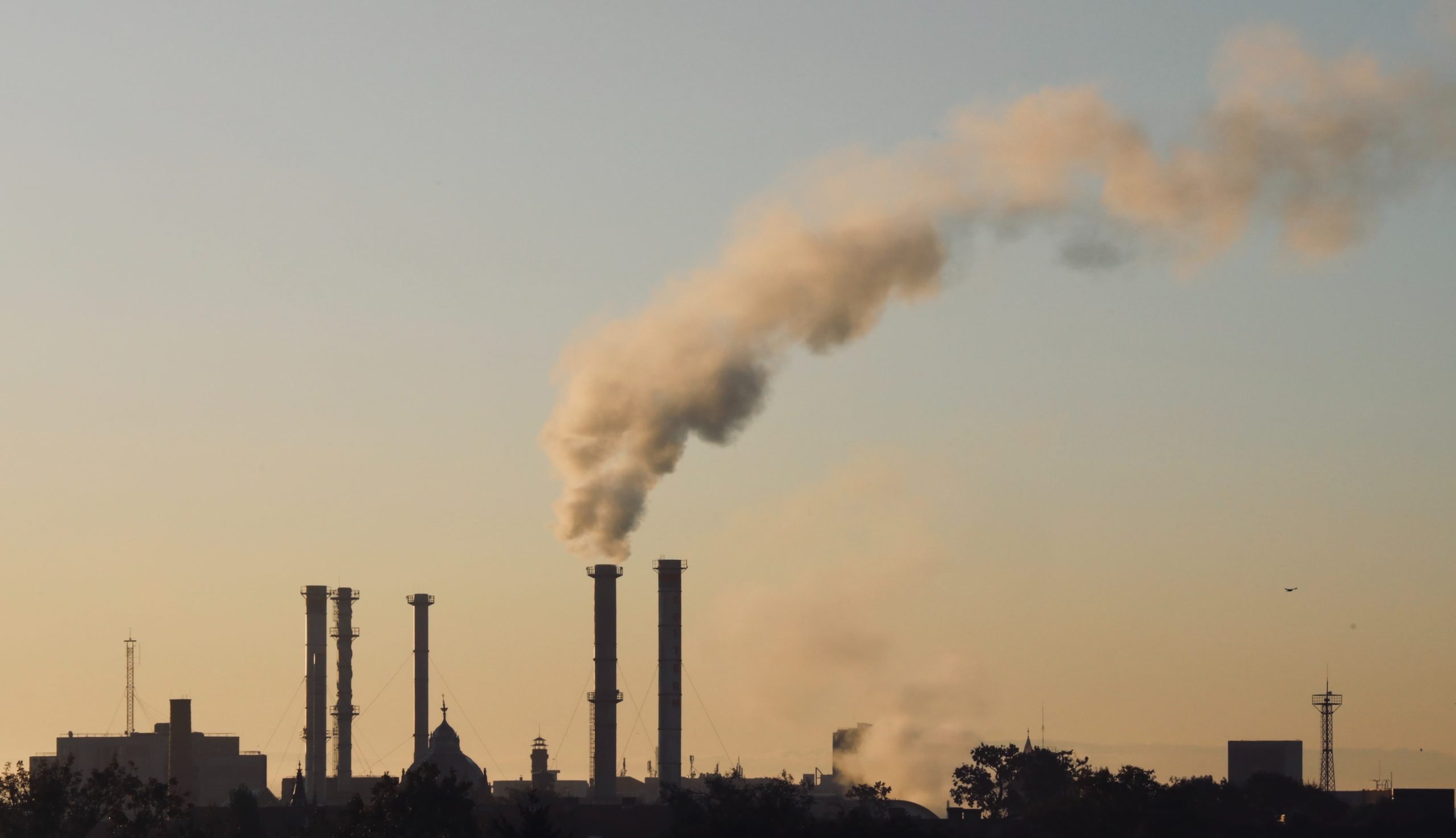11/15/2021
With the recent wrap of COP26, the United Nations’ 26th Climate Change Conference, the topic of climate change is again prominent in the global consciousness. This year, one question in particular loomed over the conference like a growing storm: What do wealthy nations, responsible for the vast majority of greenhouse gas emissions that cause the climate to change, owe poorer countries that have been irreparably harmed by climate change’s devastating impact?
The idea of holding rich polluting countries responsible for the harm done to less affluent ones is not new; the concept of compensating “loss and damage” officially took to the global climate change stage during the UN’s 2007 conference with the Bali Action Plan. The document dictated that wealthy countries should act to help “particularly vulnerable” countries that have been disproportionately impacted by the former’s rampant fossil fuel burning, but didn’t actually specify any steps to take in the name of such aid. Since then, the world has yet to develop a concrete reparations system, possibly due to reluctance from the rich nations in question to pay what some consider an unfair price. One argument made by the opposition is that countries shouldn’t be held responsible for any emissions before 1990, if not earlier, due to theoretical collective ignorance on how those emissions would affect the climate. Furthermore, some contend that it would be unjust to essentially punish the current occupants of a country for emissions that were made by past generations, people who may well be dead by now. Those in support of compensating poor nations tend to skew more towards the utilitarian view, maintaining that the greatest amount of good is produced if the world’s poor are able to live and possibly escape poverty through more emissions, rather than if people in richer countries continue to create “luxury emissions.”
In the past, the United States specifically has not been very enthused by the idea of paying reparations for its status as one of the world’s largest polluters. The country has been under scrutiny during this conference especially, due to both that status and President Biden’s stated commitment to addressing climate change. But other than signing a statement promising rather vaguely to “increase resources” for loss and damage to poorer countries this past week, the U.S. hasn’t done much. However, one country took a bold stance: the prime minister of Scotland promised the equivalent of 2.8 million USD to help compensate for “structural inequities,” explicitly calling it an “act of reparation.” She also called for other rich countries to “start to pay their debt to the developing countries around the world.” But as of the conference report draft released November 10th, the latest available at time of writing, there was no specific reference to a separate fund for this kind of reparations. Estimates for what this loss and damage fund would require range from $300-600 billion each year by 2030, but so far rich countries haven’t even been able to come up with the $100 billion they promised to pay annually by 2020 to help poorer countries adapt to climate change. With this kind of track record, mustering the money necessary to account for the damage already done to those countries by climate change seems like a fantasy.
But should the countries themselves really be the ones responsible for settling the tab — or should the blame and the liability fall upon the companies who provided the fossil fuels that caused the emissions in question? Research published back in 2013 by Richard Heede, one of the founders and directors of the Climate Accountability Institute, discovered that over the last century and a half, the largest 20 investor-owned fossil fuel corporations have harvested the amount of fossil fuel equivalent to almost 30% of the world’s emissions. Further research conducted by Heede and his peers found that a group of 90 fossil fuel companies have caused almost two thirds of the observed increase in “global surface temperatures.” Even worse, there is evidence that some of these companies have known for at least 40 years how their products were contributing to global warming. Instead of trying to mitigate the deleterious effects of their businesses, the corporations spent those decades engaging in a massive public campaign to conceal that knowledge and actively deceive the public about it.
With all this in mind, who, if anyone, is responsible for compensating the damage done by climate change to less wealthy nations? Is it the countries with the most emissions? The corporations who unearthed and processed and sold the fossil fuels that caused them? Or are the people accountable for the fuel burned long ago whose effects harrow us today already dead and gone?

